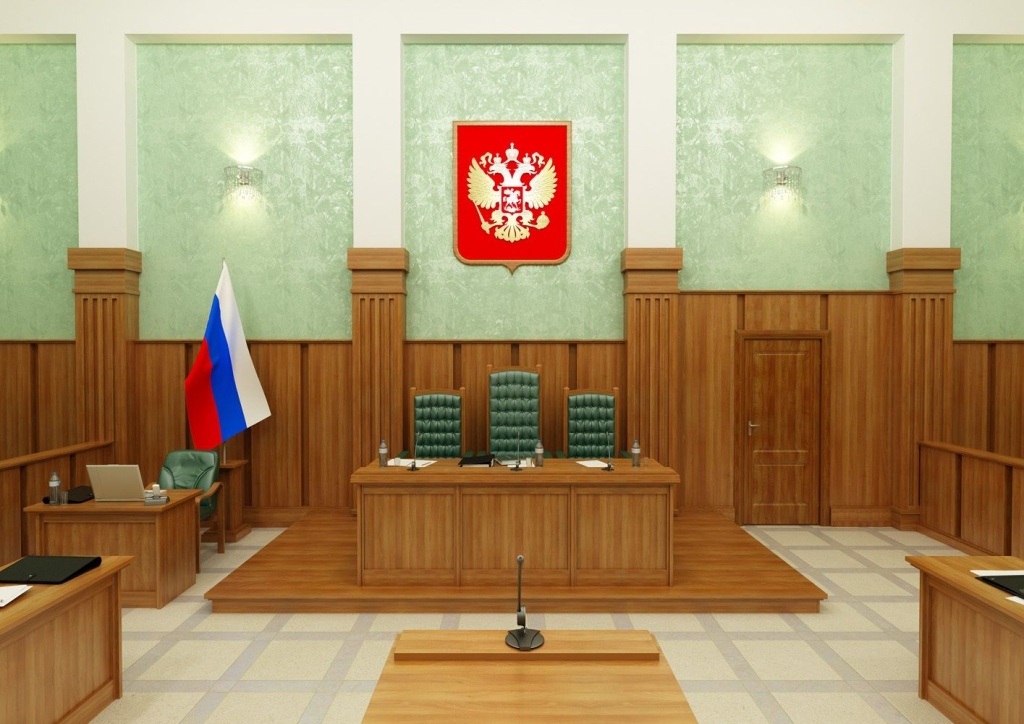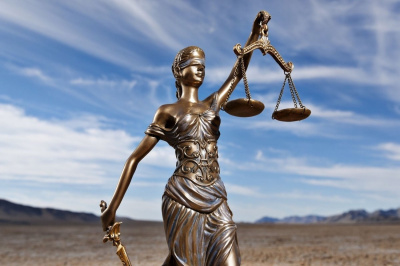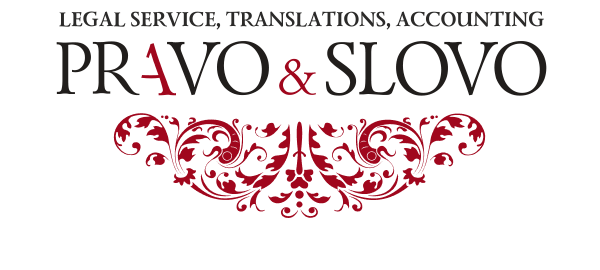Court Evidence and Important Things to Know about Introducing It
Any court process requires each of the parties introduce evidence as the basis for their claims or objections.
What is evidence? Evidence is duly obtained information regarding certain facts which a court will use as the basis to establish whether or not particular circumstances exist on which the parties are basing their claims and objections.
The stronger the evidence a side provides to the court, the higher the probability that the case will be decided in that party's favor.
The process of proving pertinent circumstances features a breadth of important details to take into account when going to court as well as within the bounds of a case’s resolution.
The general framework of court proceedings is the adversarial system between the parties. What this framework means is that the parties to a dispute are obliged to independently defend their interests while the court reserves the right to assist in requesting evidence or propose to the parties to present additional evidence.
Thus, the court does not have the right to impose upon either party to a dispute the obligation to provide any particular form of evidence. Despite that, the party will bear the consequences if it fails to provide particular evidence.
Furthermore, the law envisages scenarios when particular evidence items absolutely must be introduced into the materials of a case for it to be able to be resolved at all.
For instance, divorce proceedings cannot be resolved without the original marriage certificate, a child custody dispute or determination of the mode of interaction with a child cannot be resolved without a conclusion from child protective services, and a cadastral value dispute on a property cannot go on without a value appraisal report of that property.
Courts provide assistance in requesting evidence only on the basis of a request from a party to the dispute when that party asks information as to which evidence needs to be requested, where it is located, for which reason it cannot be obtained independently, and which circumstances of a case such evidence will prove or refute.
For instance, in will disputes arising due to the heir’s lack of legal capacity, one form of evidence may be a medical card that cannot be obtained by third parties under protected medical secrecy law. In that case, the court will make a request to the medical institution to obtain that card.
Some evidence is prohibited to use for the purposes of proving particular circumstances. For instance, there is an express ban on using witness testimony to confirm loan dispute requirements due to money shortage.
Thus, before going to court, one needs to think through which evidence one has to introduce in court, whether particular evidence items are unlawful, which evidence one can obtain on one’s own, and which types of evidence one can only obtain via a court request.
Word & Law Company is happy to provide assistance handling court disputes.

Other articles on the topic
View articles




